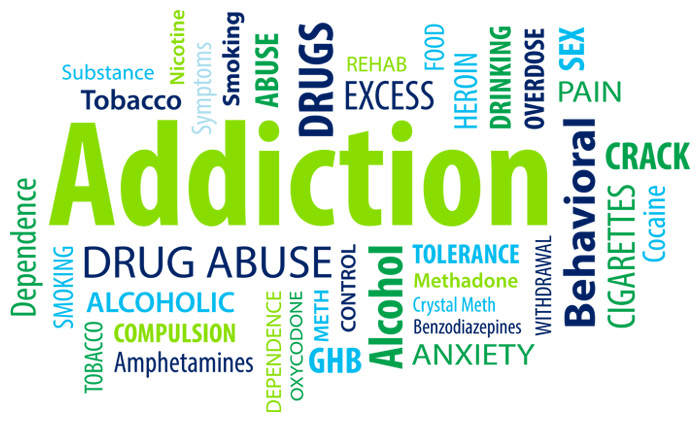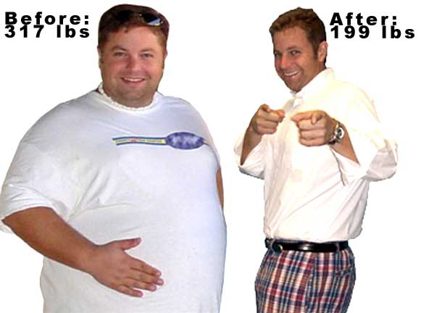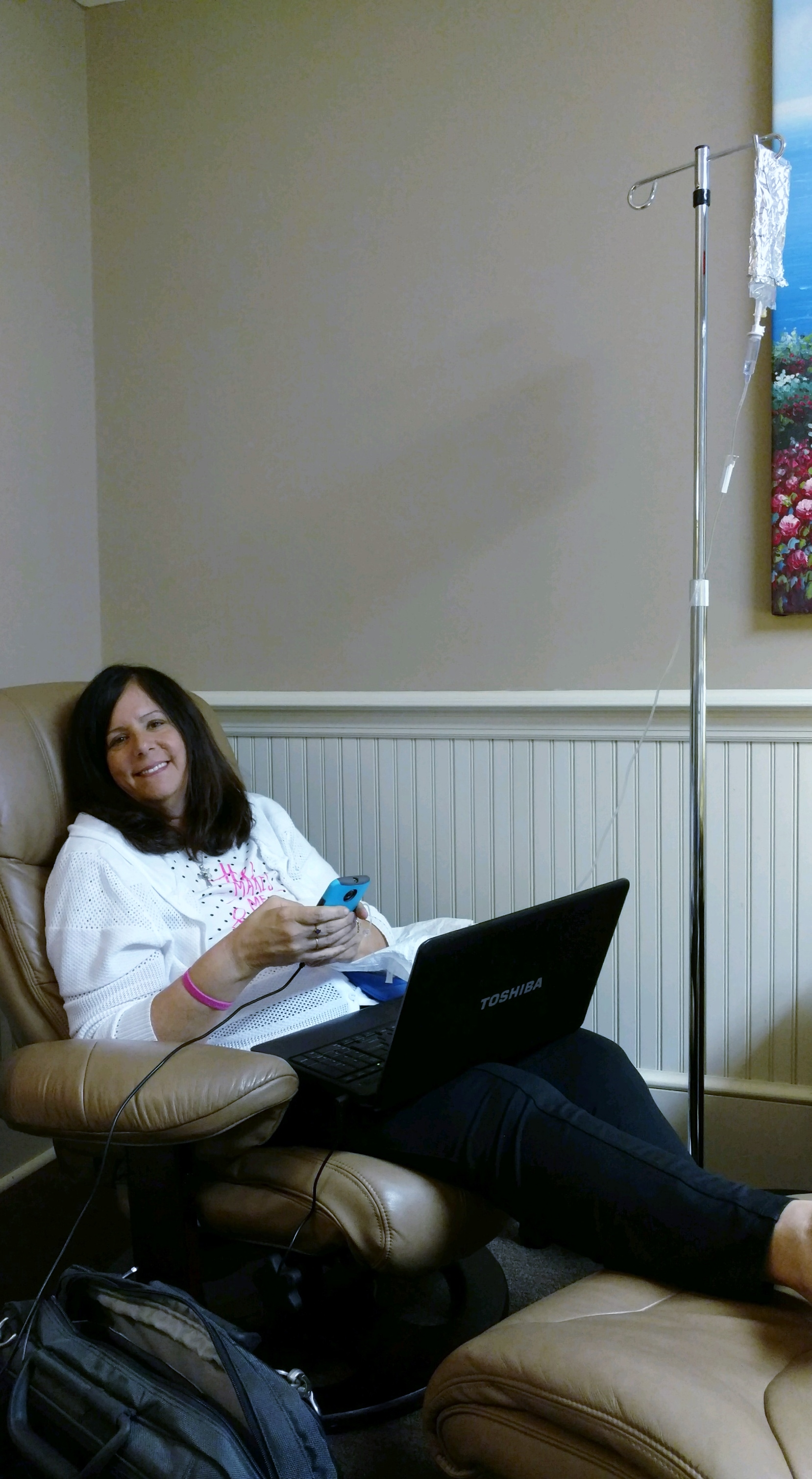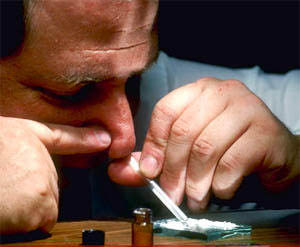Addiction treatment doctrines

Addiction treatment doctrines are essential whether it is done as inpatient or outpatient
Addiction treatment doctrines: The addicted brain treatment solution
When addressing the brain addiction treatment doctrines, it will necessitate the application of a tailored treatment that addresses multiple needs of the patient. Experts at AWAREmed health and wellness resource center under the leadership of doctor Dalal Akoury MD are in agreement that any effective treatment must address the multiple needs of the individual, not just their drug addictions. The other needs may include the individual’s drug abuse and any related medical, psychological, social, vocational, and legal problems.
Addiction treatment doctrines: Assessment and mental disorders
An individual’s treatment and services plan must be assessed continually and modified as necessary to ensure that it meets his or her changing needs. A patient may require varying combinations of services and treatment components during the course of treatment and recovery. In addition to counseling or psychotherapy, a patient may require medication, medical services, family therapy, parenting instruction, vocational rehabilitation, or social and legal services. For many patients, a continuing care approach provides the best results, with the treatment intensity varying according to a person’s changing needs. It is also important noting that many drug addicts also suffers mental disorders. Therefore, patients presenting one condition, experts will also assess for the other(s) possible complication. And when these problems co-occur, treatment should address both (or all), including the use of medications as appropriate.
Medically assisted detoxification is only the first stage of addiction treatment and by itself does little to change long-term drug abuse. Although medically assisted detoxification can safely manage the acute physical symptoms of withdrawal and, for some, can pave the way for effective long-term addiction treatment, detoxification alone is rarely sufficient to help addicted individuals achieve long-term abstinence. Thus, patients should be encouraged to continue drug treatment following detoxification. Motivational enhancement and incentive strategies, begun at initial patient intake, can improve treatment engagement.
Monitoring
Drug use during treatment must be monitored continuously, as lapses during treatment do occur. Knowing their drug use is being monitored can be a powerful incentive for patients and can help them withstand urges to use drugs. Monitoring also provides an early indication of a return to drug use, signaling a possible need to adjust an individual’s treatment plan to better meet his or her needs.
Addiction treatment doctrines: Treatment Programs
Treatment programs should assess patients for the presence of HIV/AIDS, hepatitis B and C, tuberculosis, and other infectious diseases as well as provide targeted risk-reduction counseling to help patients modify or change behaviors that place them at risk of contracting or spreading infectious diseases. Typically, drug abuse treatment addresses some of the drug-related behaviors that put people at risk of infectious diseases. Targeted counseling specifically focused on reducing infectious disease risk can help patients further reduce or avoid substance-related and other high-risk behaviors. Counseling can also help those who are already infected to manage their illness.
Finally, these are just a few notable principals and treatment doctrines tailored at finding lasting solutions. Nonetheless, even as you take any of these avenues, it is still very important that you continually seek professional advice from the experts at AWAREmed Health and Wellness Resource Center for professional direction that focuses on Neuroendocrine Restoration (NER) to reinstate normality through realization of the oneness of Spirit, Mind, and Body, Unifying the threesome into ONE.
Addiction treatment doctrines: The addicted brain treatment solution
http://www.awaremednetwork.com/









